Touring Perfecto Mobile's data center: a proving ground for apps
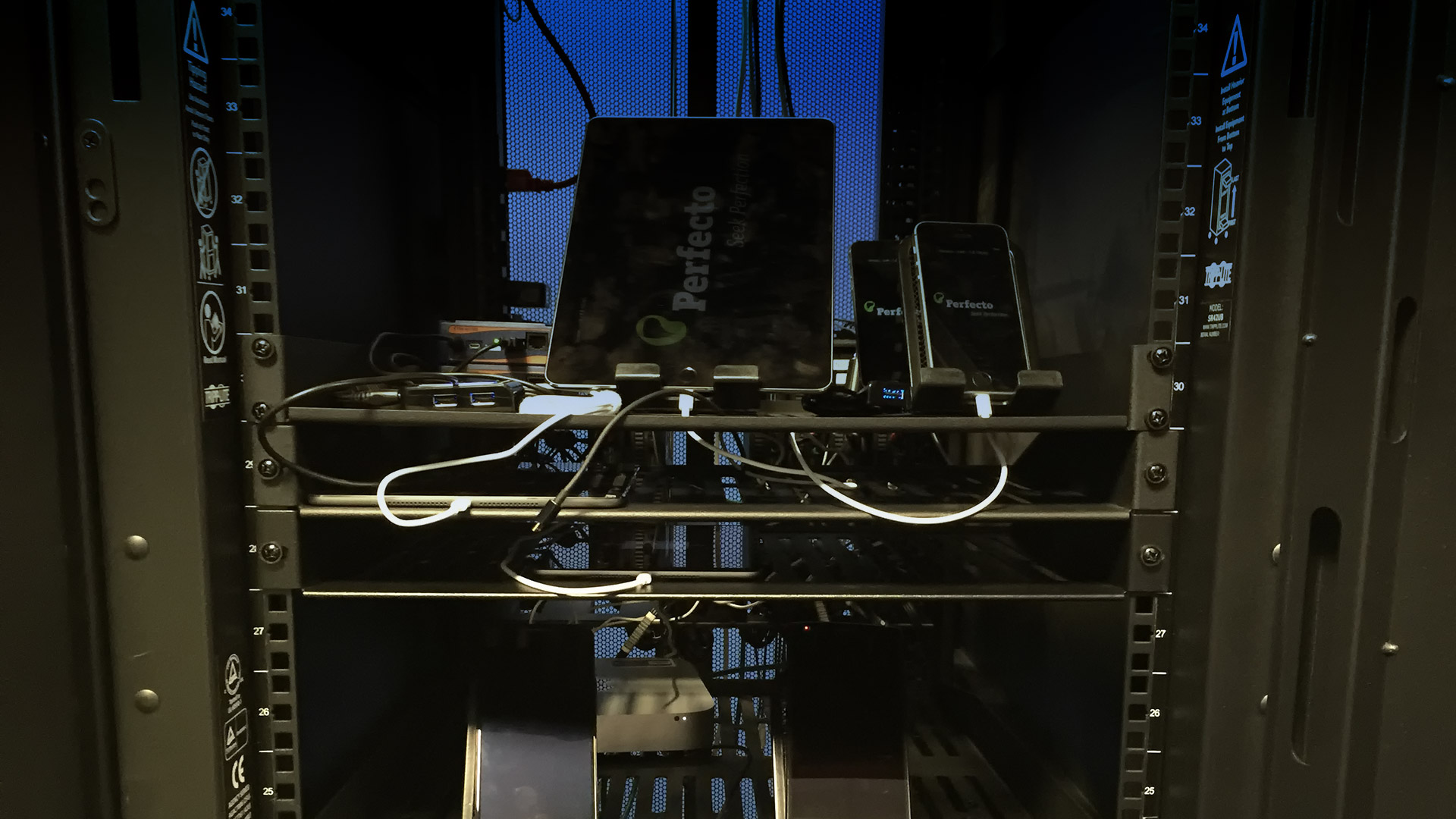
"Who yells at you when your app store rating goes down?"
That's the voice of Christopher P Willis, the Chief Marketing Officer of Perfecto Mobile. It's an inquiry that drew a chuckle as I was sitting across from him in the company's Massachusetts data center, but I can imagine the reaction being quite different for those in the business of... well, pretty much anything consumer-facing.
Perfecto Mobile sprouted up a decade ago when its founder was building a mobile app for whatever the heck we used pre-iPhone. He had to cross an ocean to New York just to test it on US carrier networks. As so many great businesses often do, this one too began with a frustration.
Early on, Perfecto's modus operandi was certifying hardware, operating systems, and bloatware (our term, not theirs) for carriers. Now, it does that and much, much more.
Testing is big (and small) business

Today, the company's primary selling point is its ability to save massive amounts of time when it comes to testing apps and web portals. Ask any developer of any app or digital e-commerce platform what it's like to test usability across hundreds of screens sizes, operating systems, and carriers. If they don't cringe before answering, double check that they're indeed human.
It's a herculean task, which is why both indie developers and global companies like T-Mobile, Virgin Media, Ford, JetBlue, United Airlines, Yahoo, and Waze all lean on Perfecto.
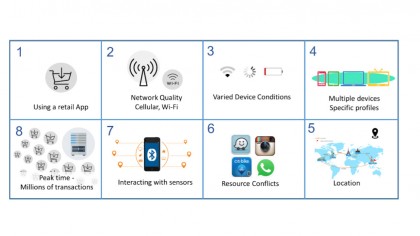
In a nutshell, Perfecto offers app and web developers the chance to test their products, workflows, and outcomes in a real-world environment. They can purchase a private cloud (or use a cheaper public one), whereby they can remotely access a host of devices -- from flip phones to Symbian devices to an iPhone 4 running iOS 6 -- and see how their code reacts. If they'd prefer to bypass the manual testing, they can use WindTunnel, which automates scripts, records the interaction, and provides error logs along with video evidence of any issues encountered.
Sign up for breaking news, reviews, opinion, top tech deals, and more.
The company exists to answer the all-important question when dealing with customers on a digital platform: "Will this actually work?"
The experience shift
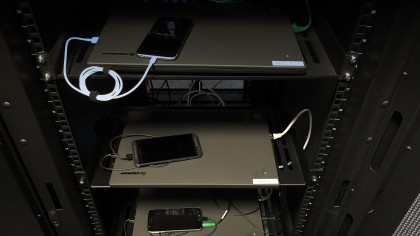
Perfecto has been growing at a torrid pace. The reason, largely, is due to the growing desire from companies large and small to fully understand the buyer journey, and to provide a consistent (and solid) experience.
Take United Airlines, for example. You may buy your ticket through your company's travel portal, then select your seat on United.com, then check-in and download your boarding pass using the mobile app. That's a complex pathway, and Perfecto sits in the midst of that to ensure things are as smooth as possible when going from Point A to Point Z and everywhere in between.
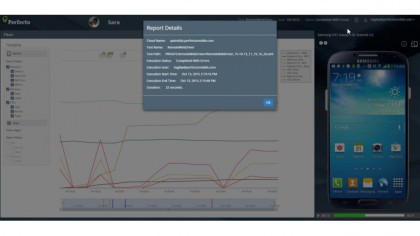
"Two years ago, the conversation we had was with a company's quality assurance team; that's who we sold to," said Willis, "but the conversation has started to shift to the person who is monitoring app scores."
With the proliferation of social media -- and the unspoken rule that it's okay to use Twitter solely to chastise companies and demand reparations in public -- companies now have to view the customer journey as something that impacts brand reputation. It was once good enough to allow a customer to complete a transaction. Now, we all expect it to be pleasurable, delightful, easy, and error-free. Without exception.
The cost of bad quality
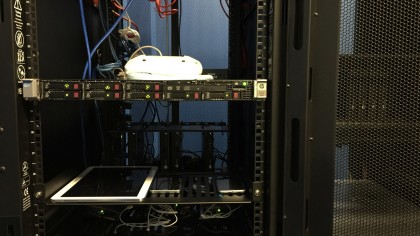
"The cost of bad quality isn't just that moment in time," said Willis, pointing to a driving factor in clients flocking to Perfecto Mobile's services. It sounds a bit strange, but the fear of the unknown -- or, the implied revenue loss from not adequately sorting out bugs ahead of a consumer release -- is a heck of a catalyst.
